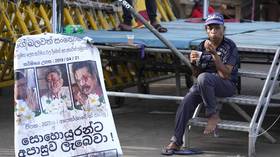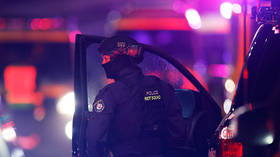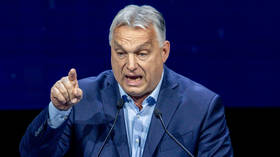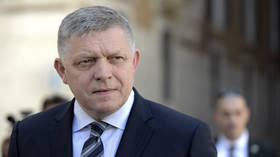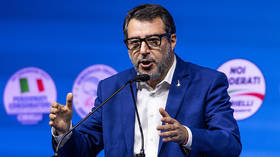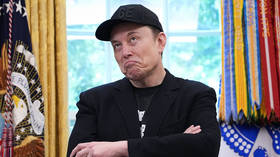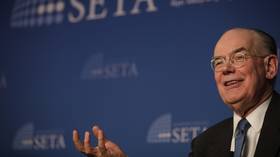Tax hike prompts nationwide strikes
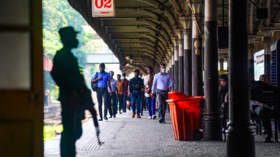
Several key industries ground to a halt in Sri Lanka on Wednesday as more than 40 trade unions protest a sharp rise in taxes, while the island nation grapples with an economic crisis.
The disruptions, which are impacting hospitals, transport, schools and other sectors, come despite a ban on strikes introduced by President Ranil Wickremesinghe last month, as well as warnings that those who disobey the government directive could lose their jobs.
“Anyone who violates the essential services order will face the full force of the law,” warned cabinet spokesman Bandula Gunawardana ahead of the work stoppages.
The industrial action was confirmed on Wednesday by trade union spokesman Haritha Aluthge following unsuccessful overnight talks with authorities, aimed at addressing a hike in income tax to 36%, announced in January. Power tariffs have also risen by two-thirds. The duration of the strikes, unions say, will depend on the government’s response to tax protests, as well as surging electricity costs.
Colombo maintains that it needs to increase state revenue to qualify for a $2.9 billion International Monetary Fund (IMF) package to aid its struggling economy. A decision from the financial lender is expected on March 20.
Sri Lanka is seeking economic assistance after defaulting on $46 billion of foreign government debt in April last year. The country’s largest bilateral creditor, China, has agreed to restructure its loan debt, a factor that was a crucial step in potentially securing IMF assistance.
President Wickremesinghe has vowed that China will receive “comparable treatment to all our external creditors” amid concerns that Beijing could get preferential treatment in debt repayment.
Colombo has been gripped by an economic crisis since late 2021, with shortages of food, fuel and medicines. The dire financial outlook led to the toppling of former leader Gotabaya Rajapaksa, who resigned and fled the country days after protestors occupied his official residence in July last year.
